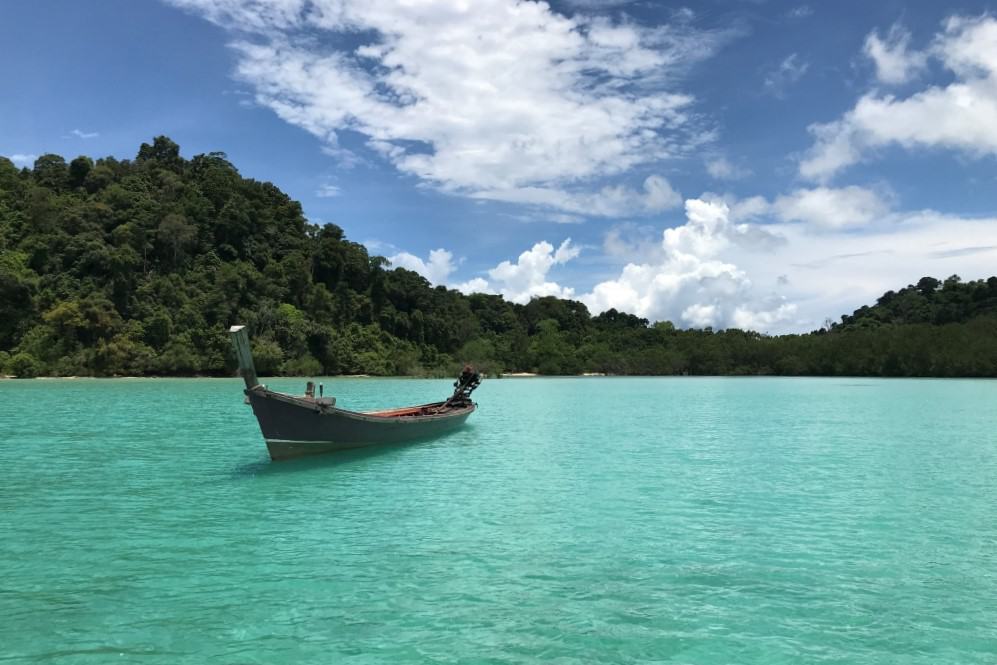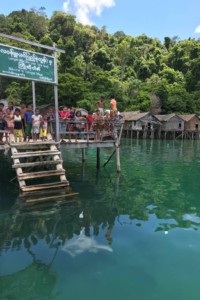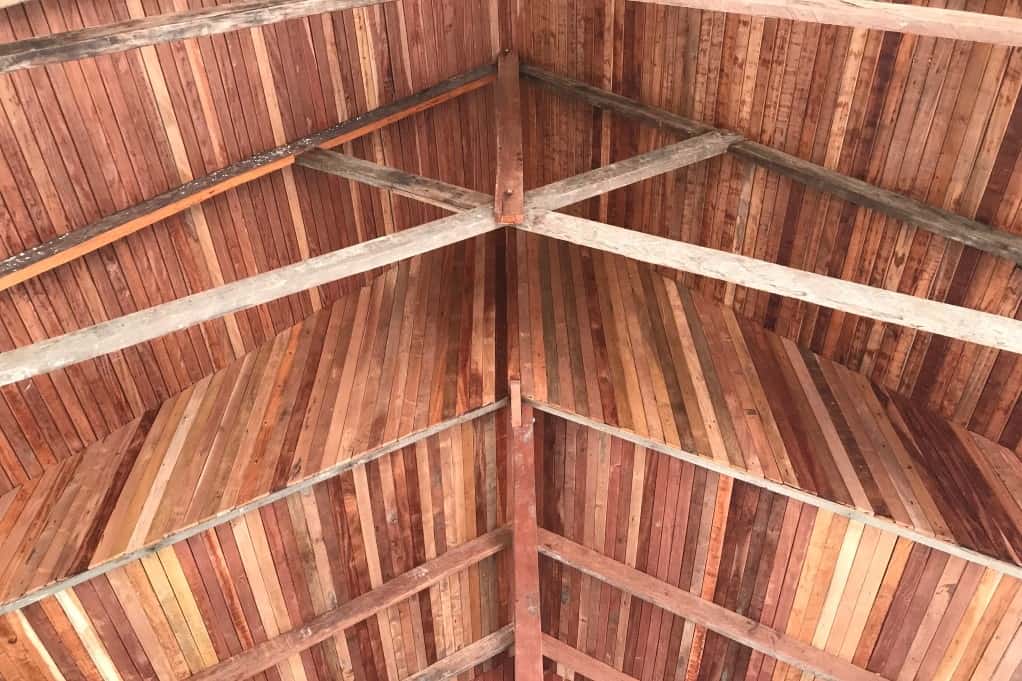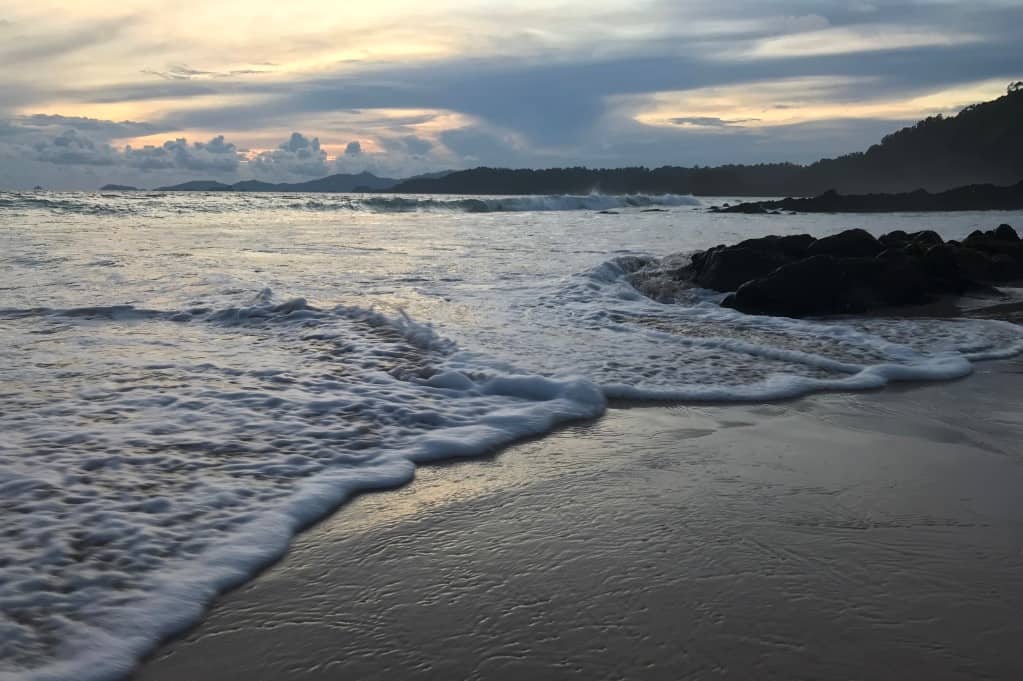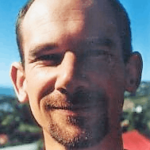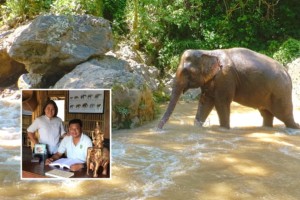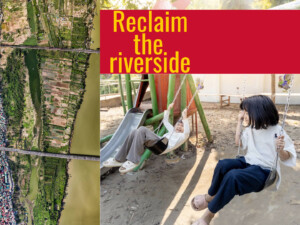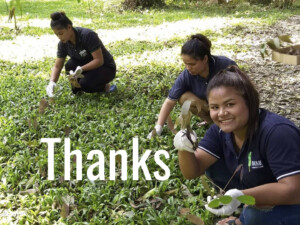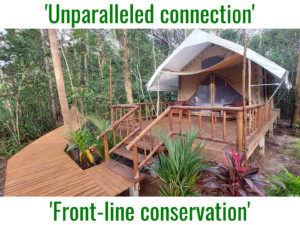New conservation-led ecotourism project showcases sustainability in the Mergui
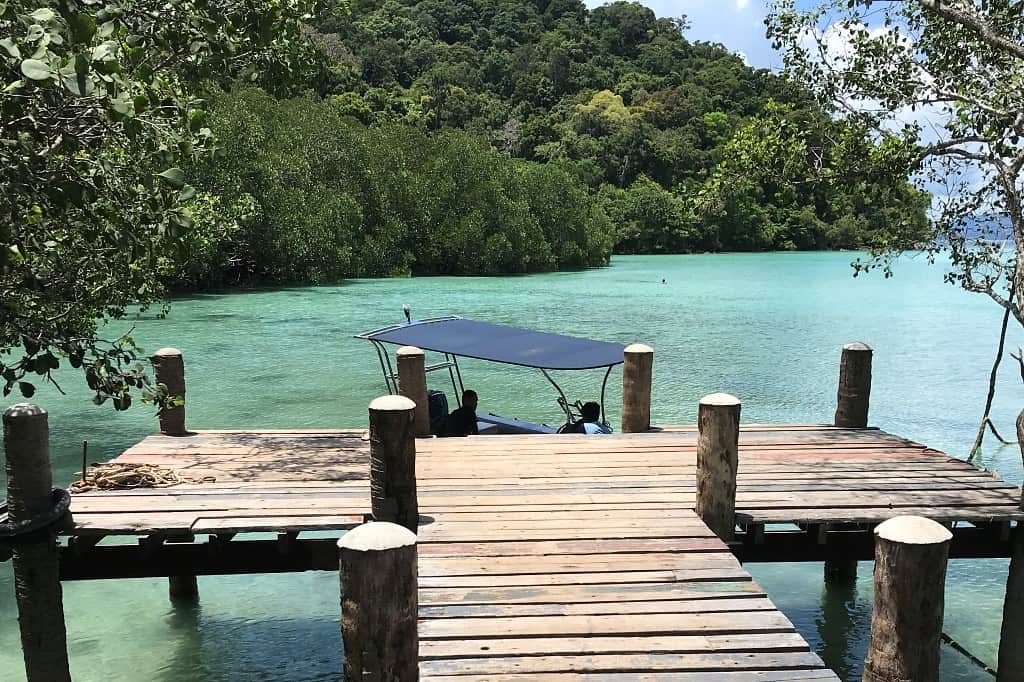
The Wa Ale Island Resort, set to open later this year (2018), is located on a small island of Wa Ale within the Lampi Marine National Park in the Andaman Sea. Offering barefoot luxury, the luxurious camp-like retreat is the dream of Benchmark Asia’s Christopher Kingsley. The mission of Wa Ale is to enable guests to experience the natural beauty of the archipelago, in a way that encourages responsible and sustainable care for the environment. Sanctioned by Myanmar’s government ministries responsible for natural resources, environmental conservation, hotels and tourism, Wa Ale is “a well-planned conservation resort that allows travelers to access one of the most unspoiled areas in the world for the very first time” claims Mr Kingsley.
Before the private resort was built, the Lampi Foundation, which will receive 20% of the resort’s profits, worked with conservation experts from the Wildlife Conservation Society (WCS) and Myanmar scientists and field workers to preserve the habitat of local sea turtles. A hatchery was established allowing a safe environment for green, hawksbill and leatherback turtles. The Wildlife Conservation Society reported that the leatherback turtles found on Wa Ale were a species thought to have disappeared from Myanmar. More than 40 sea turtle nests have been protected, saving an estimated 4,000 sea turtles. Previously, turtle nests were raided and their eggs sold on the black market.
While most of the 800 islands that make up the Mergui archipelago are uninhabited, recent decades has seen illegal fishing with fish stocks depleted through dynamite fishing which has damaged the coral reefs that flank most islands. Acknowledging the presence of the sea-faring foraging Moken (sea gypsy) ethnic group, the Lampi Foundation has been working with villages to prevent poaching while improving livelihoods, healthcare, and education.
When Wa Ale Island Resort opens it will aim to make the wild tropical environment more accessible through experiential soft adventure excursions on land and in the water, exploring the extensive coral reefs, lush evergreen forests, seagrass beds, and ancient mangroves. There are opportunities for chance encounters with wildlife, including sea turtles, dugong, dolphin, manta rays, kingfishers, macaques, hornbills, brahminy kites, and clownfish.
In keeping with a low-impact ethos (and perhaps so as to not scare away the wildlife), the 11 tented villas and three treetop hideaways of Wa Ale are decorated with matching natural hues, with much of the materials recycled and repurposed from the region, including old boat timbers and hardwoods salvaged from demolished buildings.
Many of Mergui’s islands, including Wa Ale, are ideal for swimming, snorkeling, diving, kayaking, paddle-boarding, nature walks, bird-watching, and beach safaris, but unlike nearby Phuket, there is no development and there are no other tourists.
The vast archipelago, spread out along 600km of the Andaman Sea in the Bay of Bengal, borders Myanmar and Thailand. It is only in recent years that foreigners were allowed into the islands aboard liveaboard dive boats. Wa Ale is only the third resort to open, with the large Myanmar Andaman Resort the first island-based accommodation, while in 2017 the Boulder Bay Eco-Resort opened on one of the outer islands, with the Sea Gipsy taking visitors island-hopping.
At Boulder Island, fish are already returning to trial coral restoration areas established by Project Manaia, the Association for Ocean Conservation, where discarded fishing cages are being used to found new habitats for coral in reef broken by boat anchors or dynamite fishing. Boulder Bay Eco-Resort has started a collaboration with the local Myeik University to give field training for marine biology students and teachers on coral identification, surveying and conservation. “We want to empower locals to be involved in the future of this region,” says the resort’s founder Bjorn Burchard.
Both Boulder Bay Eco-Resort and Wa Ale Island Resort could serve as case studies for conservation-led development in a region that has for decades been a victim of unregulated resource exploitation. The islands have long suffered because of their remote location, the inability for authorities to control economic activity, the vested interests of the military, and the poaching of fish, much of which is processed and sold in neighboring Thailand through the port of Ranong.
Wa Ale Island Resort through the Lampi Foundation is supporting the work of conservation within the Lampi Marine National Park, Myanmar’s only protected marine area, and Chris Kingsley believes the model of Wa Ale could set a precedent for future tourism projects in the archipelago. Several other islands in the archipelago have been earmarked for tourism development, however the process of allocation and the environmental impact of resort development has been questioned by some observers critical of Myanmar’s track record of crony capitalism .
In the case of Wa Ale island, it was offered for lease by open tender by the Myanmar Forestry department in mid-2015, with strict guidelines for the eco-resort including no cutting of large trees, the protection of sand dunes, no large piers on coral reefs, and no commercial laundry facilities. The standards for construction include a focus on reducing waste, pollution, and harm to the island’s environment. Mr Kingsley says they have made an effort to use recycled wood from old houses, warehouses and boats sourced locally. Half of the energy at the camp is generated from solar panels, and instead of digging wells for water, a mountain stream provides drinking water, with the harvesting of rainwater also incorporated into the resort design.
Mr Kingsley says the resort will employ around 100 locals who will receive environmental awareness training to turn them into guardians and stewards of the island. Wa Ale Island Resort and the Lampi Foundation are also engaged with local Moken and Burmese fishers and traders, to ensure that the Lampi Marine National Park is fully protected and that its rare and endangered species are not hunted. Sea moorings for dive boats and sea vessels have been installed to prevent anchors dragging on the coral, and one initiative provides additional fuel so local fishers can go outside the protected area boundary to fish legally.
As well as the challenges of remoteness and isolation, the islands of the Mergui archipelago are not immune from the global problem of plastic debris, with floating plastic bags and packaging from as far away as India and Indonesia washing up on some beaches each high tide. As more tourism businesses reduce waste, including replacing drinking straws and plastic water bottles, perhaps results will be seen in places such as the Mergui archipelago, which is far, far away from the modern world.
Wa Ale Island Resort has already been rated as among the most anticipated resort openings for 2018 by several travel publications, including National Geographic’s Far & Away, AFAR, Fathom, and Travel Plus Style. The world is watching.
Keith Lyons was neither commissioned by “GT” to write this piece nor was he sponsored by the stakeholders mentioned.
About the Author
Keith Lyons is an award-winning writer from New Zealand, who has lived and travelled extensively in Asia. He was a main contributor to to The Best of Myanmar: The Golden Land of Hidden Gems (KMG, 2017), and editor and co-author of Opening Up Hidden Myanmar (Duwon Books/Tenko Press, 2018). He is currently working on a coffee table travel book on the Mergui Archipelago with photographer David Van Driessche to be published in early 2019.
.
Related posts



